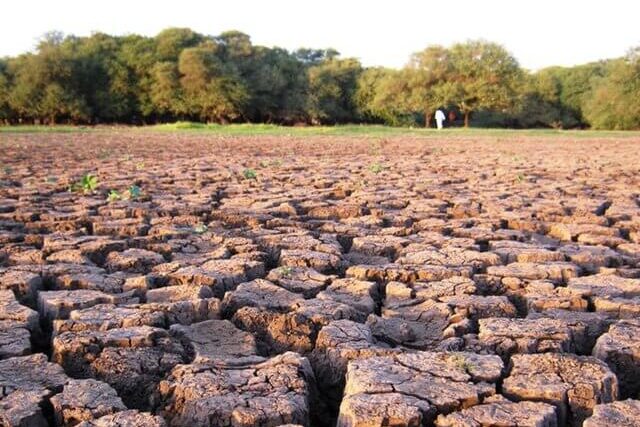
Soil, surprisingly, stores more carbon than plants and the atmosphere combined, with soil microbes playing a vital role in this process. However, the escalating occurrence and intensity of drought, exemplified by the recent hardships faced by California, have the potential to disrupt this delicate ecosystem.
In a recent article published in the journal Trends in Microbiology and supported by the U.S. National Science Foundation, microbial ecologist Steven Allison cautions that the adaptability of soil microbes to drought, surpassing that of plants, could impact soil health and future greenhouse gas levels. Allison stresses the need for a deeper understanding of microbial responses to drought, enabling us to effectively manage this situation in agricultural and natural environments.
“Soil microbes are beneficial, and we couldn’t live without their cycling of carbon and nutrients, but climate change and drought can tweak that balance, and we have to be aware of how it’s changing,” says Allison of the University of California, Irvine.
Certain soil microbes acquire carbon from decomposing plants and store it in the soil, while others release plant-derived carbon back into the atmosphere. The presence of carbon in the soil offers numerous benefits, making it a valuable resource worth preserving and nurturing.
“The carbon in the soil has these reverberating effects out to the rest of the world in terms of the infrastructure in our natural and managed ecosystems,” says Allison. “Carbon-rich soils hold more nutrients, so plants growing in those soils tend to be more productive, and the carbon changes the physical properties of the soil, which prevents erosion.
“In California now, we have this system where the droughts are more intense, and then the rainfall is more intense,” he says. “If you’re losing your soil carbon, when it rains really hard it could carry away your soil and cause erosion, landslides, mudslides, sediments and all kinds of problems that we’re actually seeing right now.”
Adds Matt Kane, a program director in NSF’s Division of Environmental Biology, “The microbes found in soil are extremely diverse, and understanding how their populations shift in response to environmental change is essential to predicting future land use change.”
——————————————————————————
At Natural World Fund, we are passionate about stopping the decline in our wildlife.
The declines in our wildlife is shocking and frightening. Without much more support, many of the animals we know and love will continue in their declines towards extinction.
When you help to restore a patch of degraded land through rewilding to forests, meadows, or wetlands, you have a massive impact on the biodiversity at a local level. You give animals a home and food that they otherwise would not have had, and it has a positive snowball effect for the food chain.
We are convinced that this is much better for the UK than growing lots of fast-growing coniferous trees, solely to remove carbon, that don’t actually help our animals to thrive.
This is why we stand for restoring nature in the UK through responsible rewilding. For us, it is the right thing to do. Let’s do what’s right for nature!
Support our work today at https://naturalworldfund.com/ and join in the solution!

